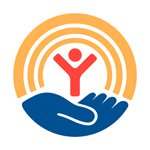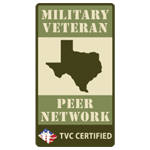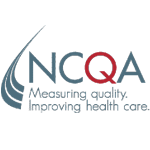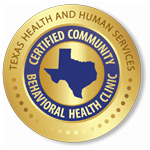June is National PTSD Awareness Month
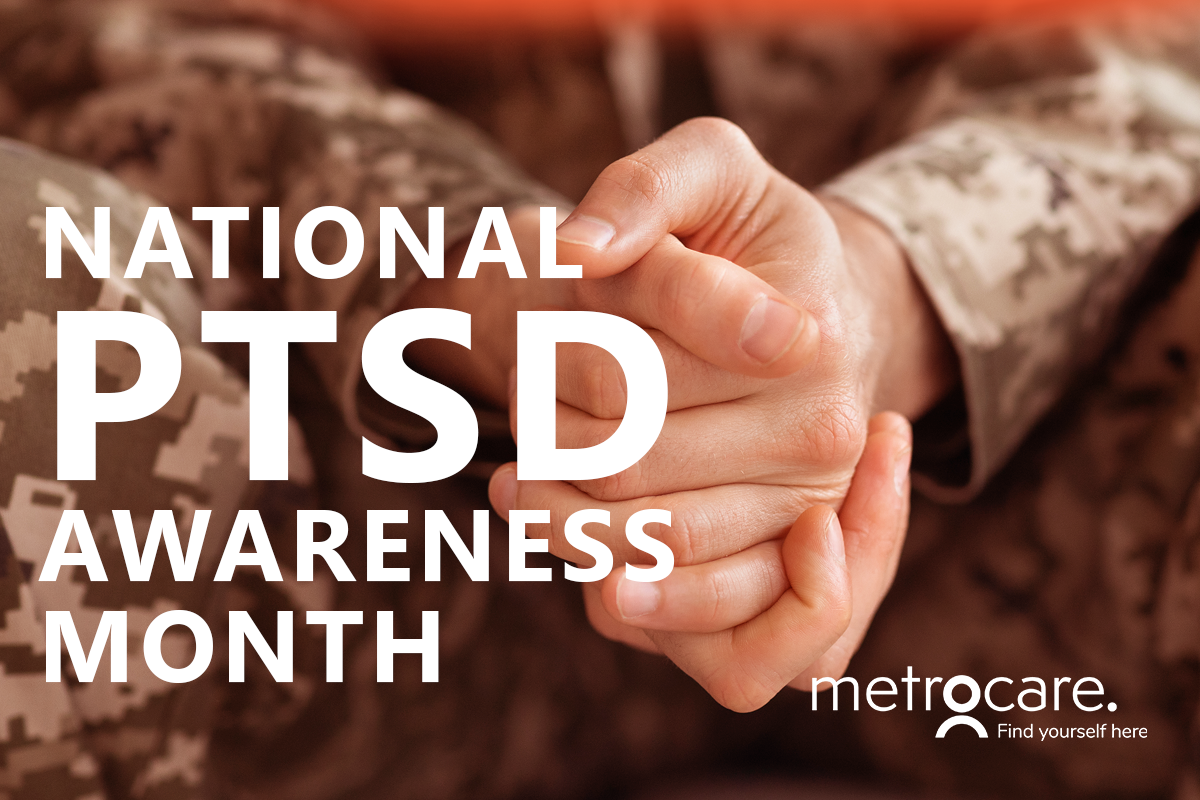
The word trauma – which originates from the Greek word for wound – has become a part of the mainstream conversation. Dr. Gabor Mate, calls trauma “a psychic wound.” He explains, “Trauma is not what happens to you, it’s what happens inside you as a result of what happened to you.” While most humans will experience various levels of trauma over the course of their lives, occasionally these experiences impact the individual to such a degree that the symptoms persist for months, even years. Clinicians diagnose this phenomenon as Post-Traumatic Stress Disorder (PTSD).
June is National PTSD Awareness Month. Historically, the official diagnosis finds roots in studying the experiences of Vietnam war veterans; however, the documentation of PTSD-like symptoms after combat goes back centuries. It does not take a clinical background to understand the link between war and PTSD. The Cohen Clinic at Metrocare has been supporting post-9/11 veterans, active-duty military, and their families for over 7 years. Dr. Chelsea Fiduccia, who serves as the Clinic Director, highlights two evidence-based treatments that the clinic offers: Cognitive Processing Therapy (CPT) and Prolonged Exposure (PE). She explains: “We offer two gold standard treatments that have demonstrated effectiveness in numerous research studies and real-world application.”
Although the Cohen Clinic at Metrocare focuses on treating military families, Dr. Fiduccia asserts that the experience of trauma and the diagnosis of PTSD are not limited to this population. “The growing incidence of mass violence in public spaces – like schools, concerts, and shopping centers – impacts our society similarly.” Mass shootings notwithstanding, traumatic stress could also stem from a myriad of individual events, experienced or witnessed: domestic or intimate partner violence, natural disasters, racial violence, and assault (including sexual assault). Studies show that 2/3 of children reported at least 1 traumatic event by the age of 16.
The rising awareness surrounding trauma and PTSD is a good sign. However, where there is new knowledge, misperceptions can emerge. For one thing, not all trauma turns into PTSD. “Having a physiological or psychological reaction to a traumatic event is common,” says Dr. Fiduccia, “it is when the symptoms do not subside over time that it may meet criteria for PTSD.” In other words, symptoms associated with PTSD may naturally occur when someone experiences a traumatic event. However, only when those symptoms persist more than one month can it accurately be labelled PTSD. The National Center for PTSD estimates that only 6 out of 100 people (6% of the U.S. population) will have PTSD at some point in their lives – and many of them will recover and cease meeting the criteria for a PTSD diagnosis.
What are the symptoms? Here’s an abbreviated list:
- Intrusive memories of the distressing traumatic event / reliving the event
- Upsetting dreams or nightmares
- Avoiding places or activities or people that remind you of the traumatic event
- Persistent negative thoughts about oneself, the world, and others
- Persistent negative moods, such as anger, fear, guilt, or shame
- Changes in emotional/physical reactions like being easily startled or always being on guard for danger
- Difficulty sleeping or concentrating
- Irritability, angry outbursts, or aggressive behavior
- Isolation or lack of engagement in typical activities
Again, these symptoms may naturally occur in the short-term when traumatic events occur. One can seek support quickly to help alleviate the symptoms. However, if the symptoms do not subside over an extended period of time and cause significant distress or impairment, it is possible that PTSD may be the issue. Trauma-informed care can be helpful at any time, even years after symptoms began.
Where can you find support? Here are some resources:
- If you are a post-9/11 veteran, active-duty military, or connected family member, reach out to The Cohen Clinic at Metrocare.
- Check out The Cohen Clinic at Metrocare’s event: KEEP HOPE GOING
- Keep Hope Going: Helping kids and families move forward after loss
- When: Friday, June 23, 10a-12p
- Where: The Cohen Clinic at Metrocare (9696 Skillman St., Suite 170, Ste 218, Addison, TX)
- Registration: free on Eventbrite
- If you are not military-connected, Metrocare offers multiple locations around North Texas to support your mental health needs.
- Or better yet! You can be the support. Attend a Metrocare training for Mental Health First Aid (MHFA) or Applied Suicide Intervention Skills Training (ASIST) to better support your community. Contact Tanya.Mac@metrocareservices.org to learn about training opportunities.
If you’re interested in more information, check out the new award-winning documentary: Here.Is.Better. The more conversations we can have with one another about the realities of PTSD will not only increase awareness, it will also mitigate misperceptions and reduce the stigma.
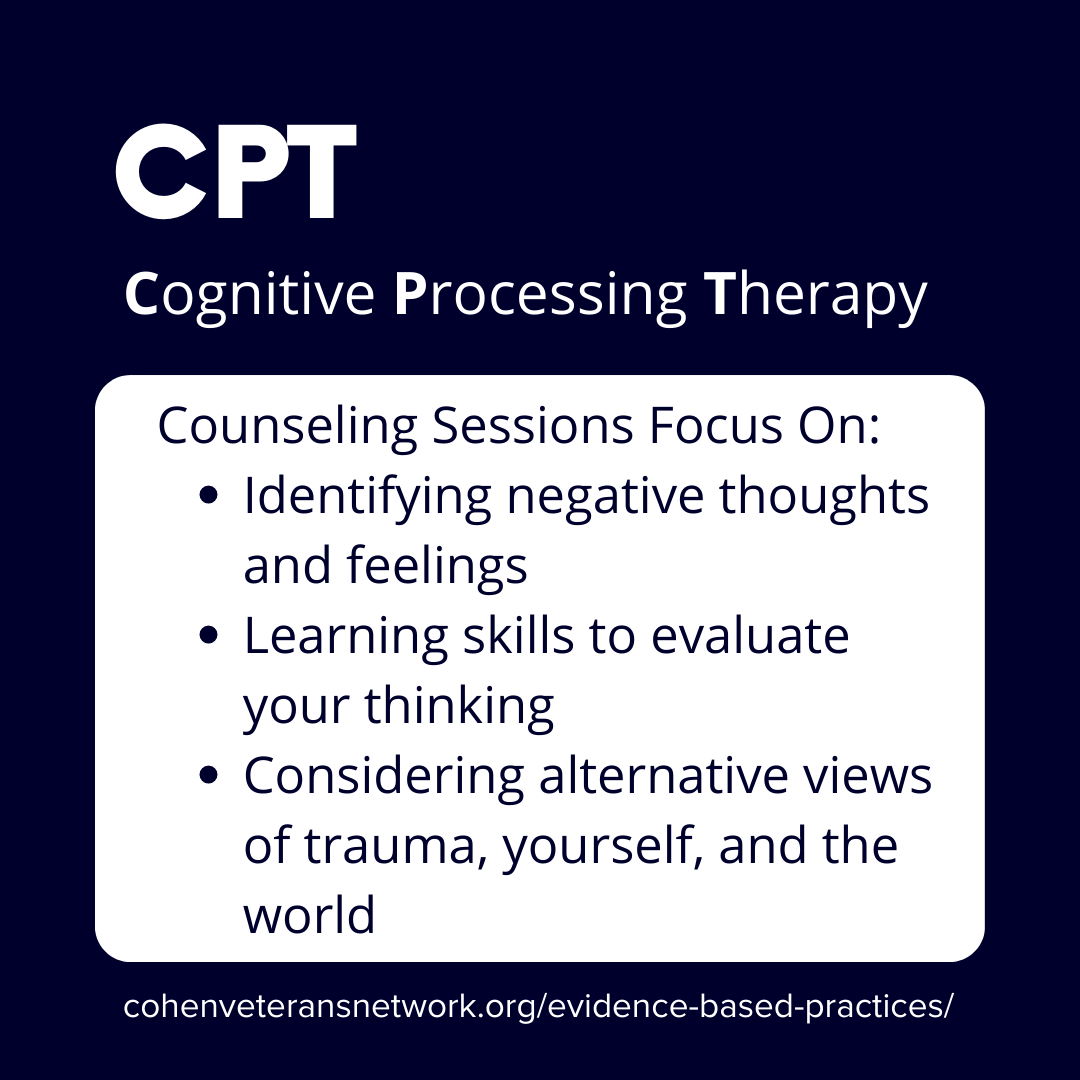
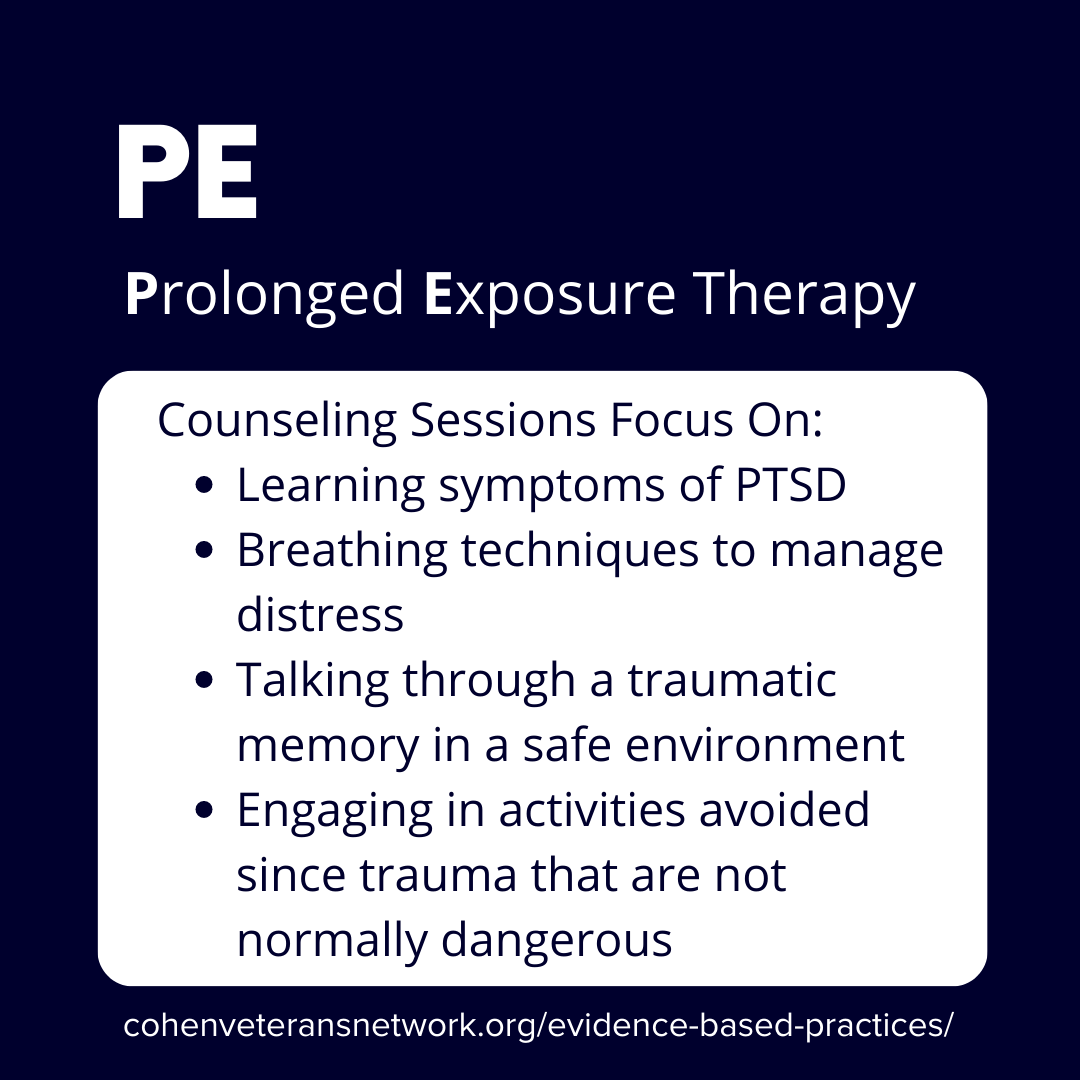
Stay connected
Sign up for our newsletter




